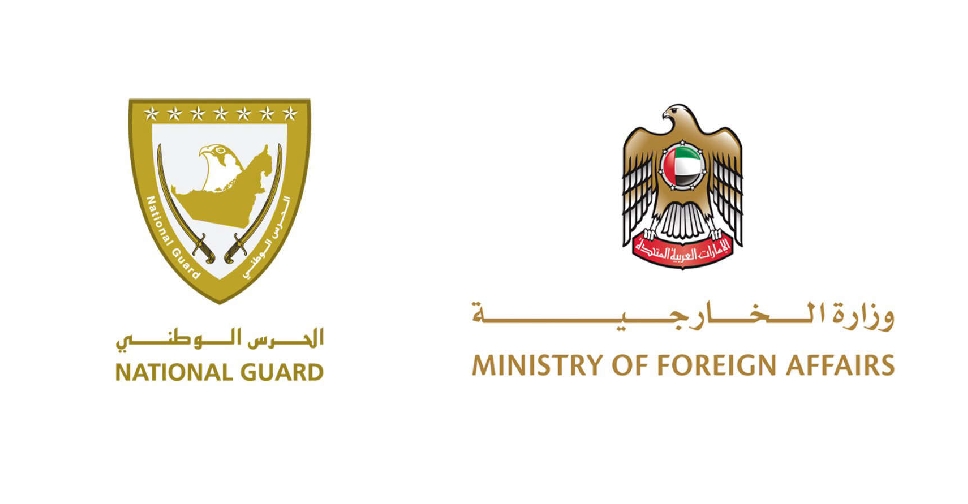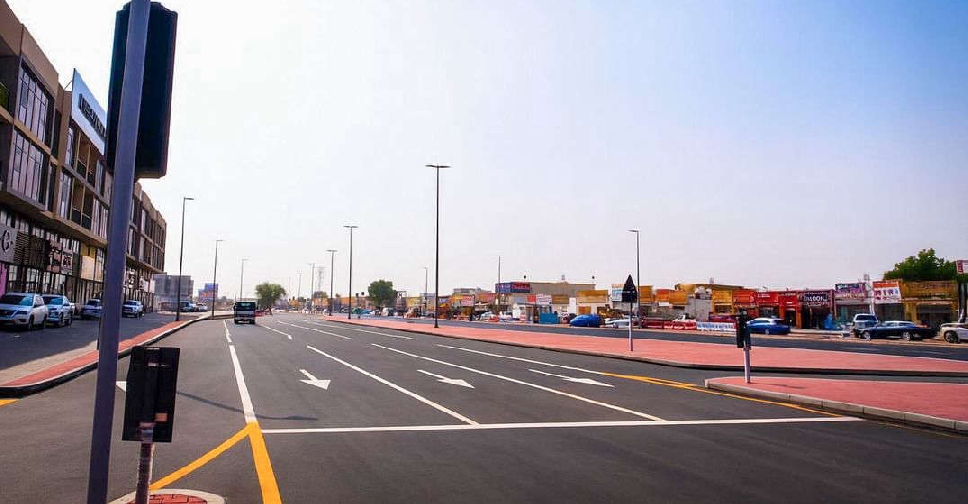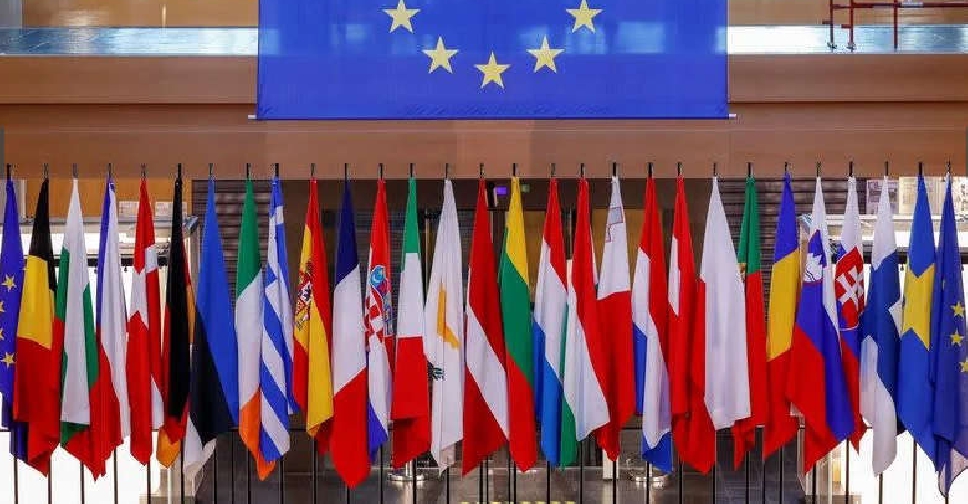
The EU's foreign policy chief on Wednesday urged bickering nations to settle their differences on restricting travel for Russian citizens, saying Europe must remain united vis-a-vis Moscow six months after the invasion of Ukraine.
Josep Borrell made his warning as foreign ministers of the European Union gathered in Prague for a second day of talks, where they were expected to agree in principle on suspending a visa facilitation agreement with Russia.
That step would make Russians wait longer, and pay more, for travel visas to EU countries.
But the 27 member states were divided on whether they should go further and impose a blanket tourism ban, despite repeated calls from Ukraine to make ordinary Russians pay for the invasion.
Some EU states have already restricted entry for Russians. Eastern and Nordic countries are pushing for an outright ban, while Germany and France have warned their peers it would be counter-productive.
"We will have to reach an agreement and a political decision," Borrell told reporters in Prague. "We cannot afford to appear disunited in such an important thing."
EASTERN STATES MAY IMPOSE BAN
Some eastern states have said they will press ahead with a visa ban themselves if there is no EU agreement.
An outright ban would send "a very clear message to Russian citizens that while Ukrainian citizens are dying, they are not welcome to come to Europe", said Latvian Foreign Minister Edgars Rinkevics.
"I don't take seriously the argument that by visiting Europe, Russians will learn a lot how to change their country."
Estonia, Finland, Lithuania, Latvia and Poland have called in a joint statement for EU-wide measures to "decisively decrease the flow of Russian citizens into the European Union", the Financial Times reported.
"Until such measures are in place on the EU level, we will consider setting up temporary measures on the national level," the newspaper quoted them as saying.
Ukrainian Foreign Minister Dmytro Kuleba also pushed for tougher measures, telling Reuters that a visa ban was "an appropriate response to Russia's war supported by an overwhelming majority of Russian citizens".
But the tone in Prague, overall, was to try and agree a common position. Rinkevics said Latvia would wait a bit for tougher EU steps and hoped for an agreement on Wednesday on a "road map" for lowering the number of Russian tourists in the EU.
More than one million Russian citizens have entered the bloc through land border crossing points since the beginning of Russia's invasion of Ukraine, most of them via Finland and Estonia, the bloc's border agency Frontex said.


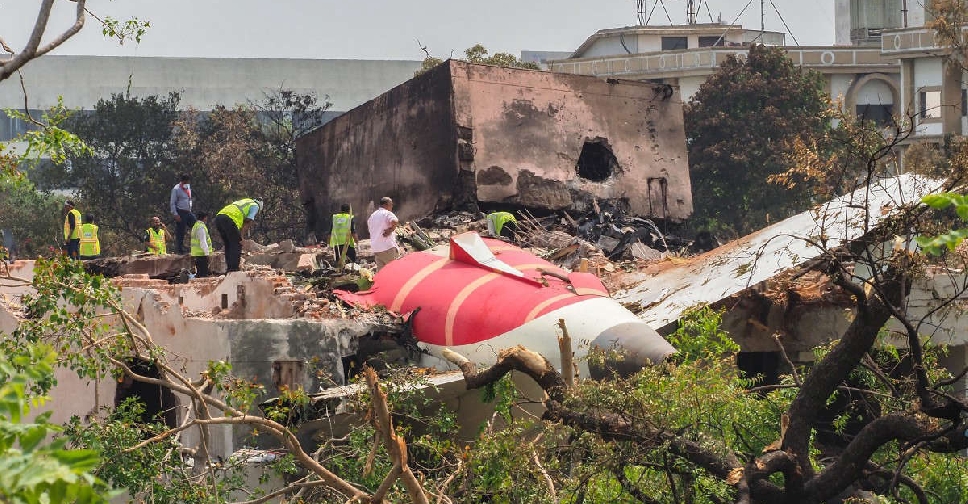 Air India crash report shows pilot confusion over engine switch movement
Air India crash report shows pilot confusion over engine switch movement
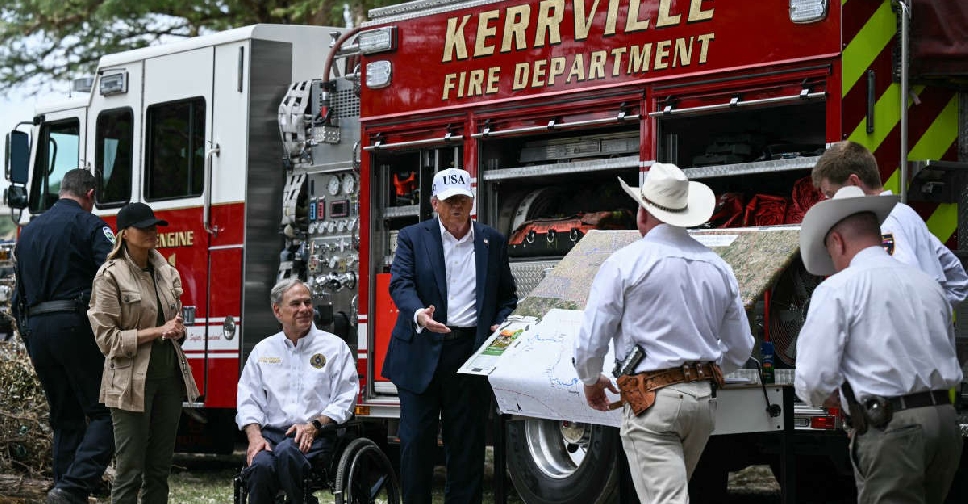 Trump visits Texas flood zone, defends government's response
Trump visits Texas flood zone, defends government's response
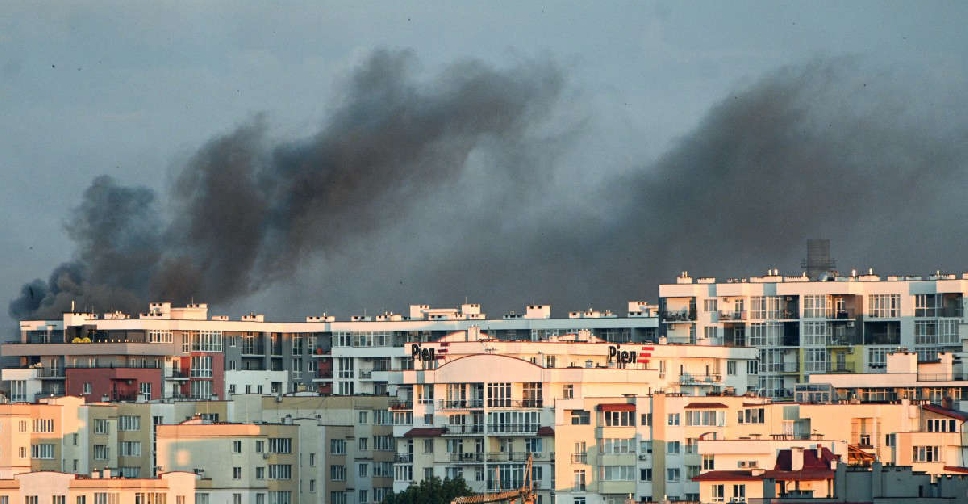 Russia attacks west Ukraine with drones and missiles
Russia attacks west Ukraine with drones and missiles
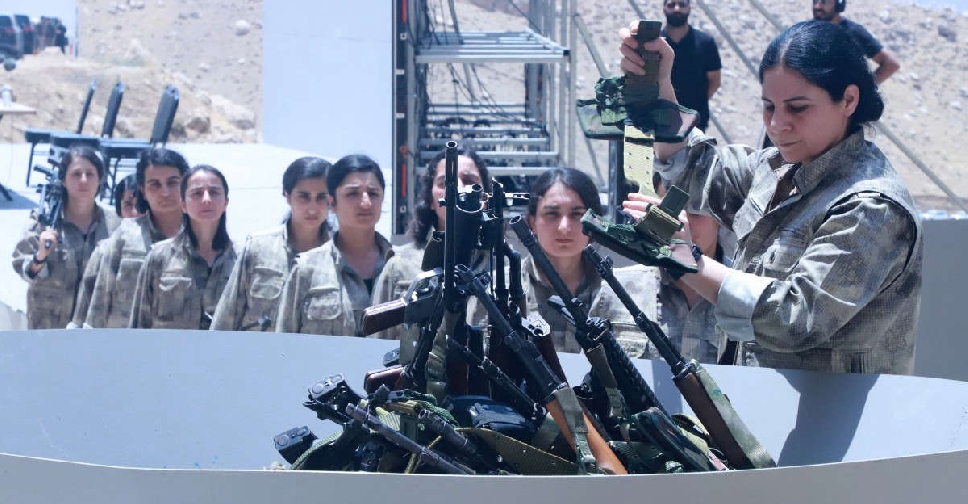 PKK fighters burn weapons in Iraq to start disarmament
PKK fighters burn weapons in Iraq to start disarmament
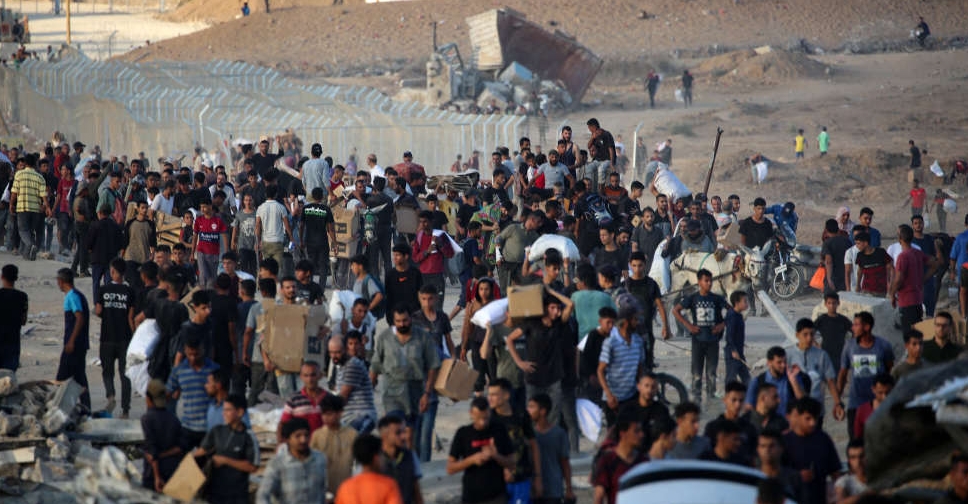 UN reports 798 deaths near Gaza aid hubs in six weeks
UN reports 798 deaths near Gaza aid hubs in six weeks


